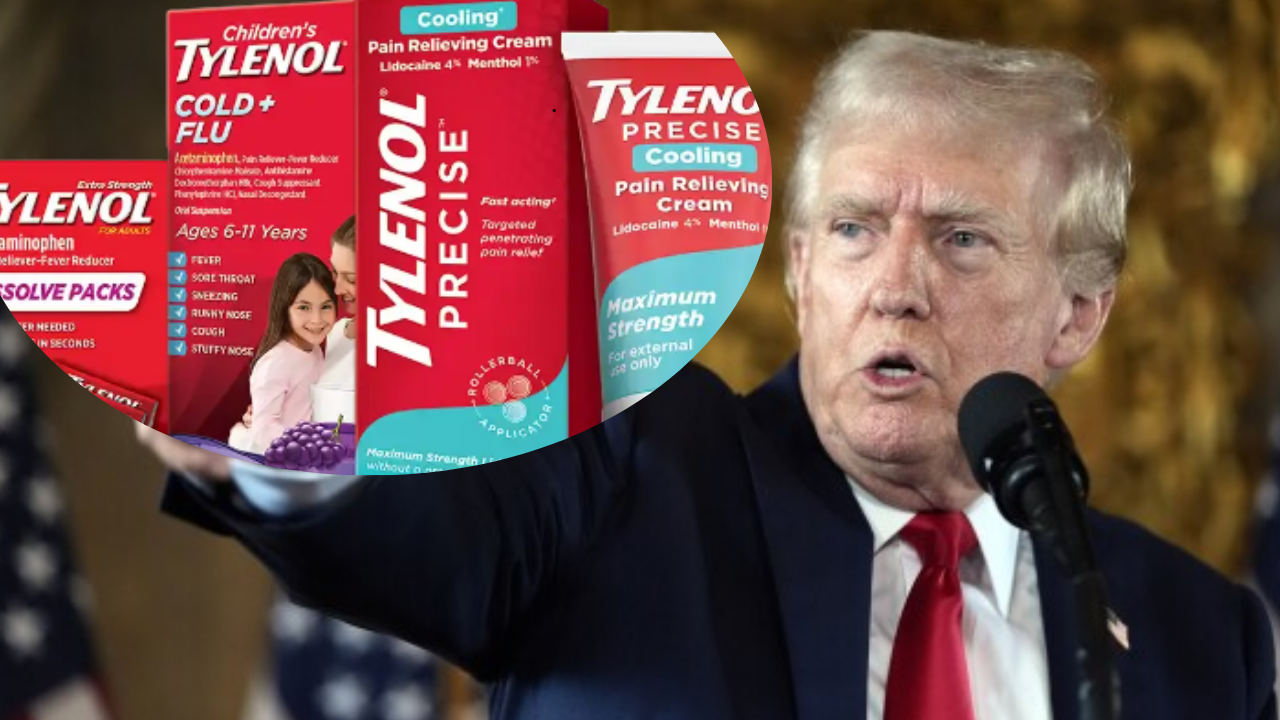Tylenol And Autism: Trump, RFK Jr., And Officials To Link The Two In An Announcement Soon

Credits: Tylenol and AP
SummaryThe autism debate in the Trump administration is nothing new. It started with the link between autism and vaccines, now it is seeping through a popular pain killer brand Tylenol. News has it that the announcement will link the two, advising pregnant woman to not consume this during pregnancy. Read on to know more.
End of Article
